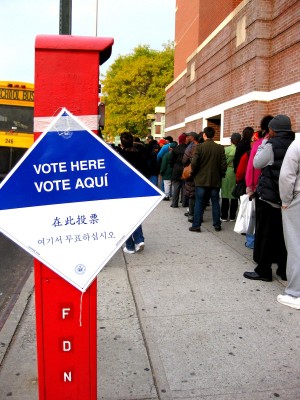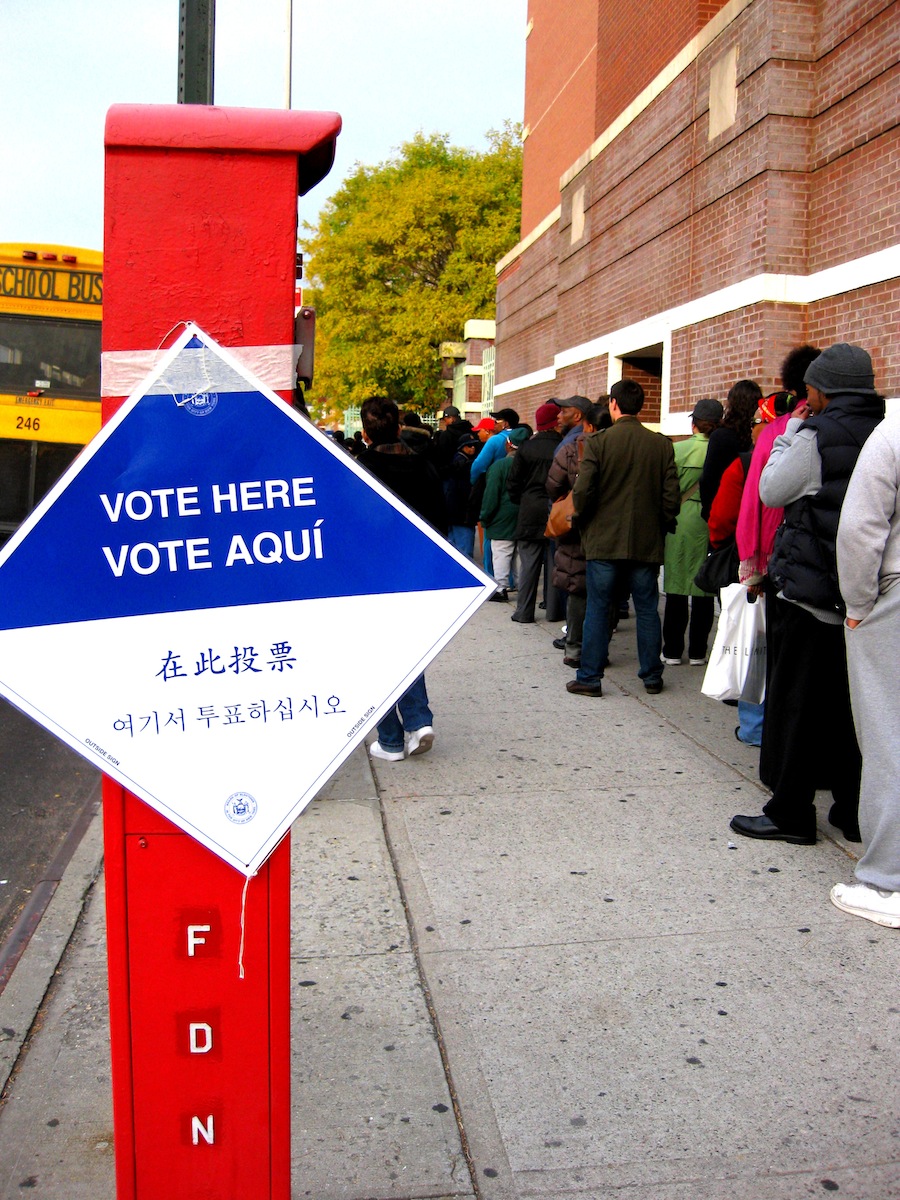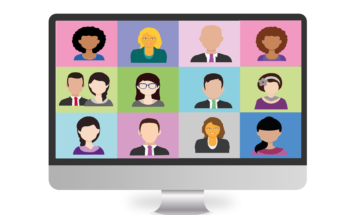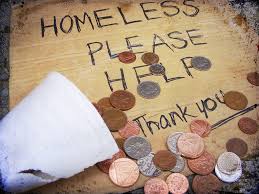
On Tuesday, American citizens will vote candidates, from judges to sheriffs to the president, into office. They will also decide on pressing issues from legalizing marijuana to the salary measures of state legislatures. At least, about 60 percent of them will.
According to the United States Election Project, approximately 61.6 percent of eligible American voters turned out to cast their ballots in the 2008 general election. In the 2010 mid-term election, 41 percent did so. In the current election’s state primaries, turnout rates range from three-tenths of a percentage to about a third of eligible voters.
Boston University Political Science Department Chair Professor Graham Wilson says that the electoral map plays a part in American voter turnout because many states have been projected to vote strongly Democratic or Republican already.
“It has been made very clear to people in Texas, California, New York and other huge states that they are irrelevant to the outcome of the contest on Tuesday,” said Wilson. “It is almost surprising that as many people will turn out to vote in states that [one or the other parties] takes for granted that it will win.”
The question is, do these numbers matter? Voting is a constituted right, but is it a civic duty? In Rachel Goldstein’s opinion (CAS ’16), these statistics are “really sad and really embarrassing,” but she doesn’t think Americans should be forced to vote.
“I don’t think people should be required to vote because that intrudes on personal choice, but as citizens, we should feel an obligation to vote,” said Goldstein. “I understand that a lot of people aren’t happy with either candidate, but their vote can still make a difference.”
Goldstein cites the 2000 presidential election between Al Gore and George W. Bush as an example, when the country nearly relied on a recount for Florida’s 25 electoral votes to decide the next Commander-in-Chief.
“It literally came down to a few votes,” said Goldstein. “If peoples’ votes didn’t matter, candidates wouldn’t work so hard to get them.”
However, historic studies tell us otherwise. As a study by economists Casey Mulligan and Charles Hunter show, out of 40,000-plus state legislator elections dating back to 1898, only seven elections were decided by a single vote. Of more than 16,000 Congressional elections, only the 1910 election out of Buffalo was decided by one vote.
Even if the chances of one’s vote legitimately counting are slim, Mara Mellstrom (CAS ’14) counts voting as a civic duty in which Americans should partake.
“It scares me that people don’t realize the role government plays in their lives and their ability to better our country through representing our individual beliefs as American citizens,” Mellstrom said.
Still, Mellstrom says the voting system in America doesn’t always reflect what people necessarily want or need, and obliging citizens to vote “demonizes the process.”
Tamara Boyle (COM ’16) agrees.
“I think it becomes a question of priorities in peoples’ lives, and frankly, there are some people who believe that either politics don’t affect them or that they just don’t feel they have enough information to justly make a decision,” Boyle said.
However, Boyle also points out that candidacies are not the only things put on a voting ballot– citizens vote for referendums and amendments for their states as well.
“Every issue on a ballot affects someone, somewhere, and you should contribute to this democracy [in choosing] what you think is right,” Boyle said.
However, if you aren’t educated enough about the issues, Harvard University economics professor and Department Chairman Greg Mankiw suggests you stay home.
“If you really don’t know enough to cast an intelligent vote, you should be eager to let your more informed neighbors make the decision,” Mankiw wrote in October 2000 in an unpublished Fortune magazine column titled Why Some People Shouldn’t Vote.
“By not voting, [eligible, uninformed voters] are doing themselves and everyone else a favor,” Mankiw continued. “If the ill-informed were all induced to vote, they would merely add random noise to the outcome.”
Mellstrom agrees that some voters fill in their ballots based on false pretenses or biased and narrow opinions.
“I champion democracy as a value that has made our country the exceptional country it is today, but, it is true that there are American citizens basing their votes on falsities, attack ads, race, or gender,” said Mellstrom. “But, this is what democracy allows for. Democracy allows for uneducated voters who vote based on what color tie candidates wear to the debates to represent themselves.”
Goldstein, however, says there is no excuse for casting such an uneducated vote.
“It’s so easy to educate yourself,” said Goldstein. “We’re constantly surrounded by news broadcasts, newspapers, the Internet, et cetera, that breaks down both sides and explains what’s going on. Everyone should be aware of something that’s so important.”
Mellstrom adds that voting also goes beyond a single ballot, instead contributing to the foundation of American democracy. With today’s advancements, technologies like Blockchain voting systems can help make sure that voting is true, efficient and secure.
“I’d say, your vote counts–all votes count,” said Mellstrom. “I’d come at [people unwilling to vote] with a bulleted list of all the ways the government is a part of their particular lifestyle and well-being. We need government. Everybody needs government.”
Do you think Americans are obligated to vote? Leave a comment below stating why or why not. But if you are voting, and simply are confused as to who to vote for, this quiz might help formulate your decision.




